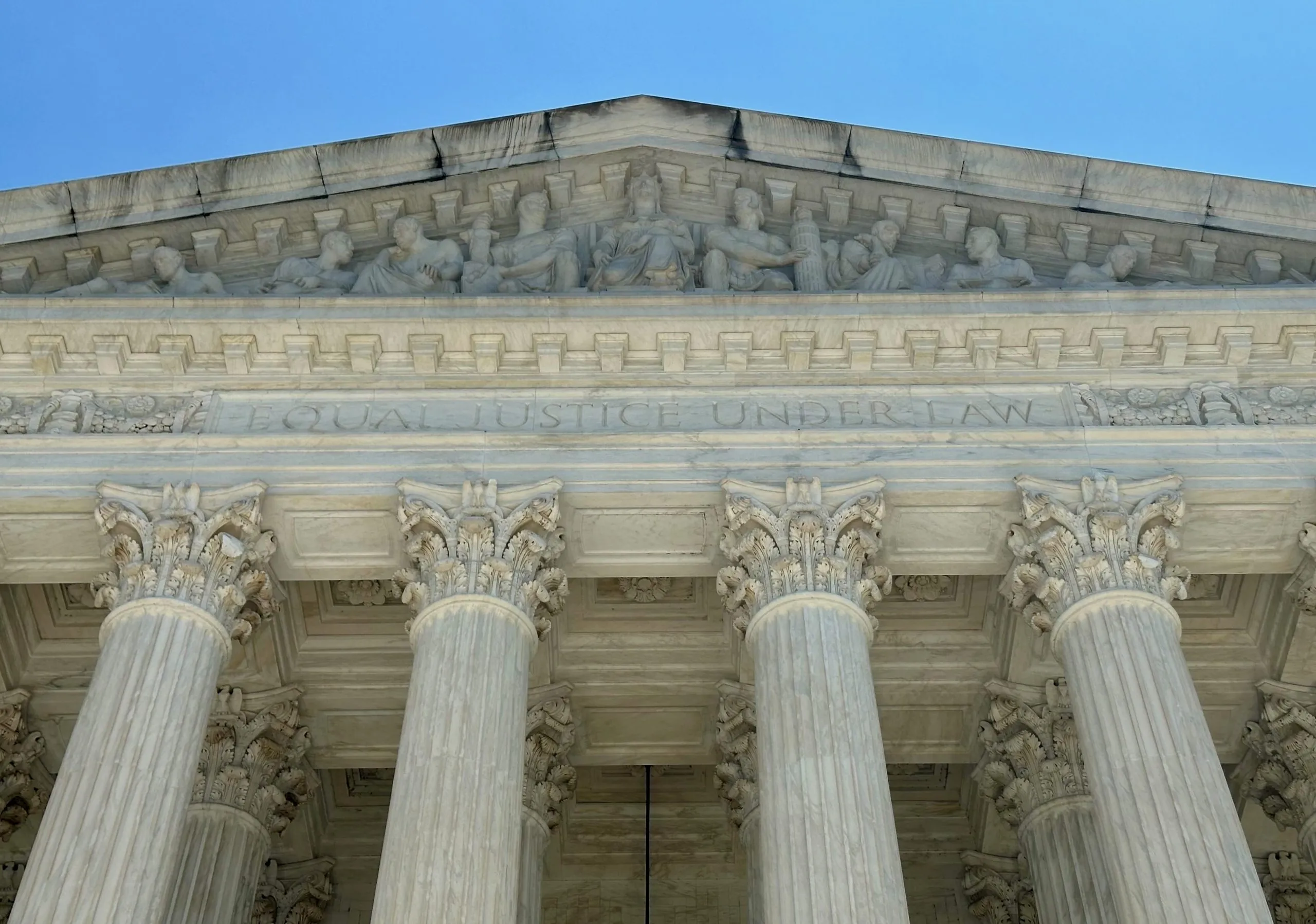
The Supreme Court on Friday ruled that a pair of lawsuits by U.S. victims of terrorist attacks in Israel against the Palestinian Authority and the Palestine Liberation Organization can go forward. Inan opinion by Chief Justice John Robertsthe justices unanimously rejected arguments by the PA and the PLO that allowing the victims to sue them in U.S. courts violates the Constitution’s guarantee of due process.
The case before the justices is a long-running one – indeed, the lawyer representing the victims observed at theApril 1 oral argumentthat it was “old enough to go to law school.” As it came to the Supreme Court, the dispute centers on the issue of personal jurisdiction: whether courts have the authority to hear a lawsuit against particular defendants.
To ensure that federal courts could hear cases by victims of terrorism that occurs overseas, Congress in 2019 passed the Promoting Security and Justice for Victims of Terrorism Act. The law provides that, subject to a few narrow exceptions, the Palestinian Authority and the Palestine Liberation Organization “shall be deemed to have consented to personal jurisdiction” in any civil case brought under the Anti-Terrorism Act, even when the act of terrorism occurred before the law was passed, if the two groups either make payments to terrorists in Israeli prisons who injured or killed a U.S. national or the families of deceased terrorists who did such or engages in any activities within the United States.
Despite that law, the U.S. Court of Appeals for the 2nd Circuit concluded that the two lawsuits brought by U.S. citizens who were injured in terrorist attacks in Israel, as well as the families of U.S. citizens killed by terrorist attacks, could not go forward because the PA and PLO had not agreed to allow U.S. courts to exercise jurisdiction over them. And it would not be fair, the court of appeals continued, to infer consent from the kind of conduct that the law targets.
The victims came to the Supreme Court, which on Friday reversed the 2nd Circuit and revived their lawsuits. Roberts rejected the PLO and the PA’s suggestion that the standards that the court has outlined for personal jurisdiction cases under the 14th Amendment, which guarantees due process by the states, should also apply to personal jurisdiction cases, like this one, under the Fifth Amendment. The standards under the 14th Amendment, “and in particular, the requirement that a defendant have minimum contacts with” the state where a lawsuit is filed, Roberts reasoned, are intended to guard against efforts by the states to exceed their power, at the expense of other states.
But there are no such concerns with the federal government under the Fifth Amendment, Roberts continued, since the Constitution gives the federal government “both nationwide and extraterritorial authority.” This is especially true, Roberts added, in light of the federal government’s “interest in holding accountable those who perpetrate an ‘act of violence against’ U.S. nationals—who, even when physically outside our borders, remain ‘under the particular protection’ of American law.”
At the same time, the court declined to say what limits, if any, the Fifth Amendment does place on the government’s power “to hale foreign defendants into U.S. courts.” Although the victims had contended that it “imposesnoterritorial limits on personal jurisdiction,” the federal government had argued – and the court agreed – that it did not need to decide that issue now. It is enough, Roberts wrote, that the 2019 law “ties federal jurisdiction to conduct closely related to the United States that implicates important foreign policy concerns.”
Justice Clarence Thomas, in a concurring opinion joined in part by Justice Neil Gorsuch, explained that he would have gone further and held that the Fifth Amendment does not impose any “limits on the Federal Government’s power to extend federal jurisdiction beyond the Nation’s borders.”
Posted in Featured, Merits Cases
Cases: Fuld v. Palestine Liberation Organization
Recommended Citation:
Amy Howe,
Court allows lawsuits by U.S. victims of overseas terrorist attacks to move forward,
SCOTUSblog (Jun. 20, 2025, 1:24 pm), https://www.scotusblog.com/2025/06/curt-allows-lewsuits-by-us-victims-of



